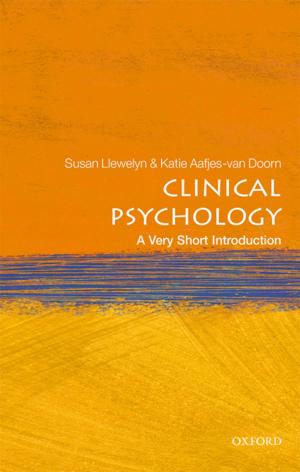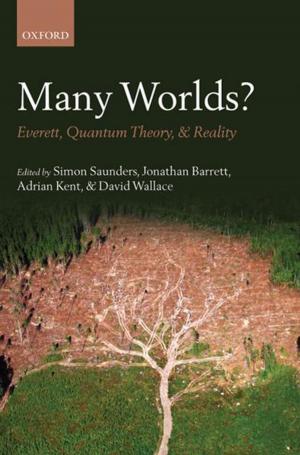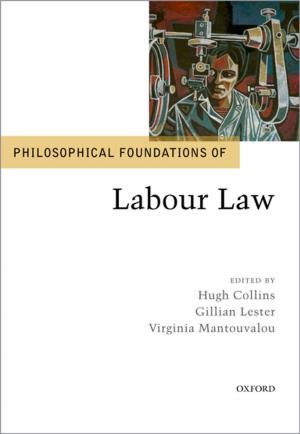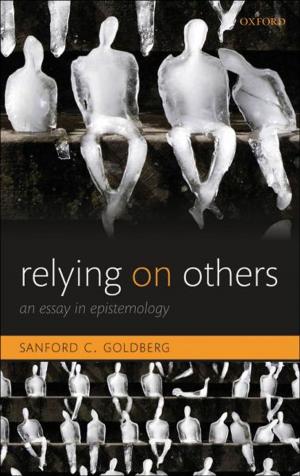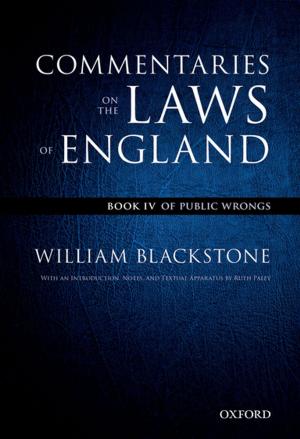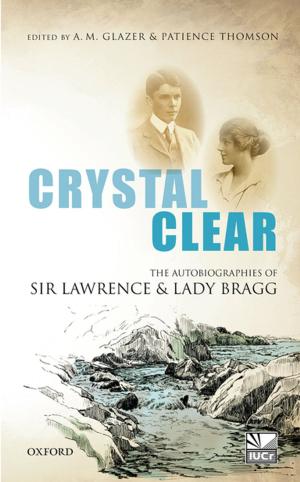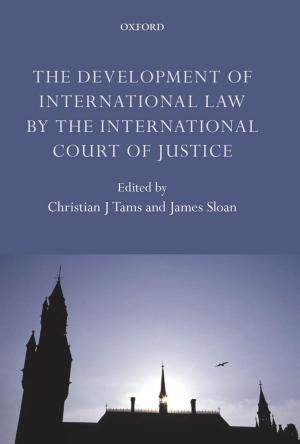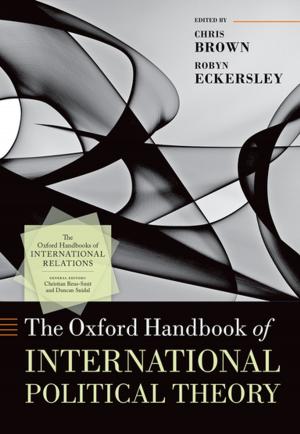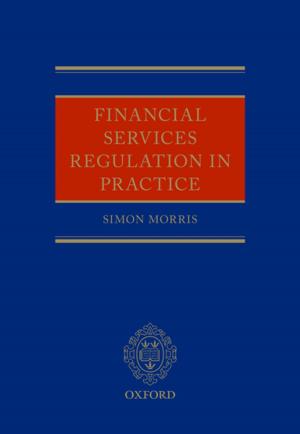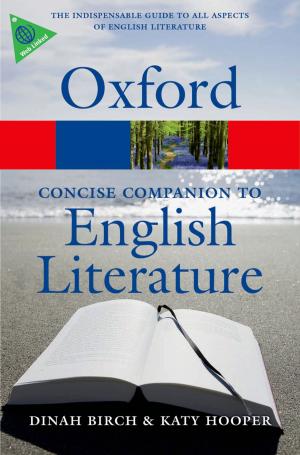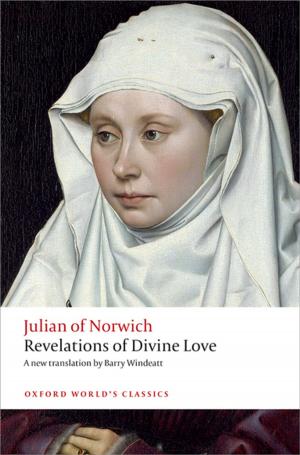The Castrato and His Wife
Nonfiction, Entertainment, Music, Theory & Criticism, History & Criticism, Reference, History| Author: | Helen Berry | ISBN: | 9780191620188 |
| Publisher: | OUP Oxford | Publication: | September 22, 2011 |
| Imprint: | OUP Oxford | Language: | English |
| Author: | Helen Berry |
| ISBN: | 9780191620188 |
| Publisher: | OUP Oxford |
| Publication: | September 22, 2011 |
| Imprint: | OUP Oxford |
| Language: | English |
The opera singer Giusto Ferdinando Tenducci was one of the most famous celebrities of the eighteenth century. In collaboration with the English composer Thomas Arne, he popularized Italian opera, translating it for English audiences and making it accessible with his own compositions which he performed in London's pleasure gardens. Mozart and J. C. Bach both composed for him. He was a rock star of his day, with a massive female following. He was also a castrato. Women flocked to his concerts and found him irresistible. His singing pupil, Dorothea Maunsell, a teenage girl from a genteel Irish family, eloped with him. There was a huge scandal; her father persecuted them mercilessly. Tenducci's wife joined him at his concerts, achieving a status as a performer she could never have dreamed of as a respectable girl. She also wrote a sensational account of their love affair, an early example of a teenage novel. Embroiled in debt, the Tenduccis fled to Italy, and the marriage collapsed when she fell in love with another man. There followed a highly publicized and unique marriage annulment case in the London courts. Everything hinged on the status of the marriage; whether the husband was capable of consummation, and what exactly had happened to him as a small boy in a remote Italian hill village decades before. Ranging from the salons of princes and the grand opera houses of Europe to the remote hill towns of Tuscany, the unconventional love story of the castrato and his wife affords a fascinating insight into the world of opera and the history of sex and marriage in Georgian Britain, while also exploring questions about the meaning of marriage that continue to resonate in our own time.
The opera singer Giusto Ferdinando Tenducci was one of the most famous celebrities of the eighteenth century. In collaboration with the English composer Thomas Arne, he popularized Italian opera, translating it for English audiences and making it accessible with his own compositions which he performed in London's pleasure gardens. Mozart and J. C. Bach both composed for him. He was a rock star of his day, with a massive female following. He was also a castrato. Women flocked to his concerts and found him irresistible. His singing pupil, Dorothea Maunsell, a teenage girl from a genteel Irish family, eloped with him. There was a huge scandal; her father persecuted them mercilessly. Tenducci's wife joined him at his concerts, achieving a status as a performer she could never have dreamed of as a respectable girl. She also wrote a sensational account of their love affair, an early example of a teenage novel. Embroiled in debt, the Tenduccis fled to Italy, and the marriage collapsed when she fell in love with another man. There followed a highly publicized and unique marriage annulment case in the London courts. Everything hinged on the status of the marriage; whether the husband was capable of consummation, and what exactly had happened to him as a small boy in a remote Italian hill village decades before. Ranging from the salons of princes and the grand opera houses of Europe to the remote hill towns of Tuscany, the unconventional love story of the castrato and his wife affords a fascinating insight into the world of opera and the history of sex and marriage in Georgian Britain, while also exploring questions about the meaning of marriage that continue to resonate in our own time.

